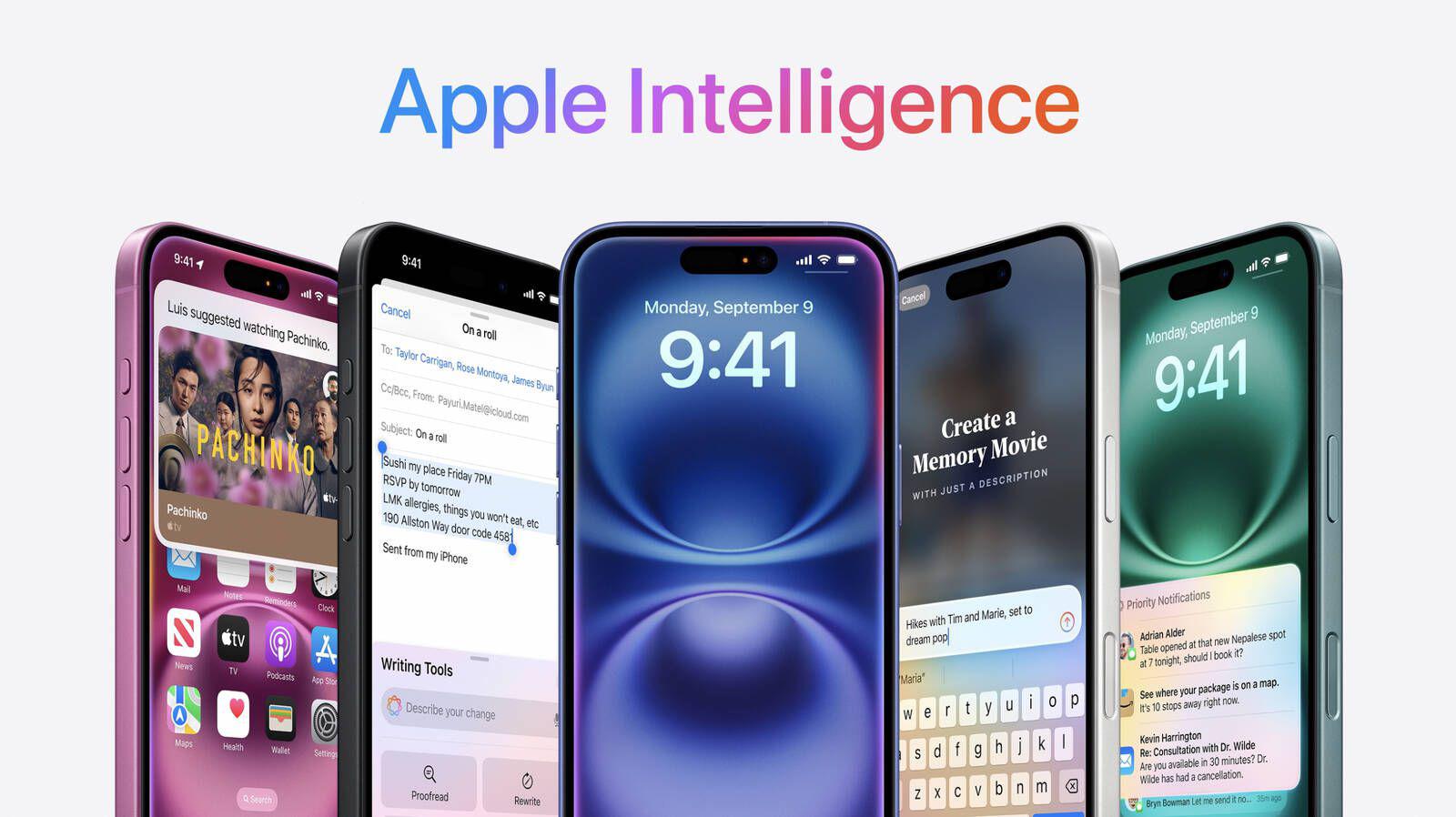Website designed with the B12 website builder. Create your own website today.
Start for free
Apple has always been at the forefront of technological innovation, and its contribution to Artificial Intelligence (AI) is no exception. From the launch of Siri, the world’s first mainstream AI voice assistant, to advanced machine learning capabilities embedded in its devices, Apple continues to push the boundaries of AI development. Unlike many competitors that focus on cloud-based AI, Apple prioritizes on-device AI, ensuring privacy, security, and seamless user experiences.
In this article, we will explore Apple’s key contributions to AI, including its innovations in machine learning, natural language processing, AI-powered hardware, and AI ethics. We'll also look at how Apple’s AI strategy influences industries such as healthcare, automation, and augmented reality (AR).
Apple introduced Siri in 2011, making it one of the first widely used AI-powered voice assistants. Siri has evolved significantly over the years, integrating natural language processing (NLP), deep learning, and contextual awareness to provide more accurate and personalized responses.
🔹 Key AI Enhancements in Siri:
✅ Improved contextual understanding with on-device processing
✅ Enhanced speech recognition using machine learning
✅ Siri Shortcuts for automated task execution
✅ Multilingual and real-time translation capabilities
✅ Advanced AI-driven proactive suggestions based on user behavior
Apple’s Core ML framework enables developers to integrate machine learning models directly into iOS applications. This on-device approach enhances speed and privacy while reducing dependency on cloud processing.
🔹 Core ML Capabilities:
✅ Real-time object detection & image recognition
✅ Natural language understanding for smarter user interactions
✅ AI-driven automation for optimized device performance
✅ Energy-efficient AI model execution on Apple Silicon
✅ Adaptive AI that learns and evolves with user preferences
Apple’s proprietary Neural Engine (ANE), introduced in A11 Bionic chips, is designed to accelerate AI-driven tasks. Each successive chip generation, including the A17 Pro and M-series chips, further enhances AI efficiency.
🔹 Neural Engine Benefits:
✅ Fast AI computations for real-time photo & video enhancements
✅ Optimized AI-driven gaming and augmented reality (AR) experiences
✅ On-device AI learning for improved personalization and security
✅ Power-efficient AI processing for longer battery life
✅ Neural Engine dedicated to improving AI-driven accessibility features
Apple is a leader in computer vision, leveraging AI to power features such as Face ID, object recognition, and ARKit for immersive AR experiences.
🔹 AI-Powered AR & Vision Technologies:
✅ Face ID & LiDAR – Secure facial recognition with advanced AI mapping
✅ Live Text & Visual Lookup – AI-powered text and image analysis
✅ ARKit – AR experiences enhanced with AI-powered scene detection
✅ ProMotion & Photonic Engine – AI-driven improvements in photography and video processing
✅ AI-enhanced real-world object interaction for seamless AR integration
Apple integrates AI into healthcare, using the Apple Watch and HealthKit to track biometric data, predict potential health issues, and improve personal fitness.
🔹 Healthcare AI Features:
✅ AI-driven ECG & heart rate monitoring for early disease detection
✅ Fall detection and emergency SOS powered by machine learning
✅ Sleep tracking and fitness recommendations based on AI insights
✅ Predictive analytics for personalized health interventions
✅ AI-driven mental health monitoring tools for improved wellness
Apple’s AI-driven camera technology enhances images in real time, using computational photography to deliver professional-grade results.
🔹 AI-Enhanced Photography Features:
✅ Smart HDR & Deep Fusion – AI-based multi-frame processing for enhanced images
✅ Cinematic Mode – AI-driven video depth adjustment
✅ ProRAW & Night Mode – AI-assisted low-light photography
✅ Auto-framing & Subject Detection – AI-enhanced composition adjustments
✅ Real-time AI-driven color correction and portrait enhancements
Unlike cloud-reliant AI services, Apple prioritizes on-device AI processing to protect user privacy. The company’s stance on ethical AI ensures that machine learning algorithms work without compromising personal data.
🔹 Apple’s Ethical AI Initiatives:
✅ On-device processing to minimize cloud data exposure
✅ Differential privacy techniques to protect user information
✅ Transparency in AI training with privacy-focused features
✅ Opt-in AI learning for user-controlled personalization
✅ AI research committed to eliminating algorithmic bias
Apple’s AI strategy includes continued advancements in AI-powered wearables, AR glasses, and smarter AI assistants.
🔹 Predicted Future AI Developments:
✅ Apple Vision Pro AR headset leveraging AI for enhanced mixed reality
✅ Siri’s transition to GPT-powered generative AI for more intelligent conversations
✅ AI-driven MacBook enhancements for improved workflow automation
✅ AI-powered Apple Car with autonomous driving capabilities
✅ AI-assisted learning tools integrated with Apple Education platforms
Apple continues to invest in AI research, acquisitions, and partnerships, ensuring its position as a leader in AI-driven innovation.
🔹 Apple’s AI Research Contributions:
✅ AI-based emotion detection for improved user experience
✅ AI-powered handwriting recognition for Apple Pencil
✅ Real-time AI-driven music curation with Apple Music
✅ AI-generated language translation and accessibility features
✅ AI-enhanced cybersecurity tools for protecting user data
Apple’s commitment to AI extends beyond its devices—it is actively shaping the future of healthcare, augmented reality, AI ethics, and next-gen computing. With an emphasis on privacy-first AI, Apple continues to distinguish itself as a leader in responsible AI innovation.
As AI continues to evolve, Apple’s impact will only grow, setting new benchmarks for AI-driven experiences, accessibility, and security.
🚀 The future of AI is here, and Apple is leading the way!